How Do You Want to Tackle Trauma? Are You Focused on the Short Term or Aiming for Long-Term Solutions?
Schools and districts are planning to spend hundreds of thousands of dollars next year so
Read More
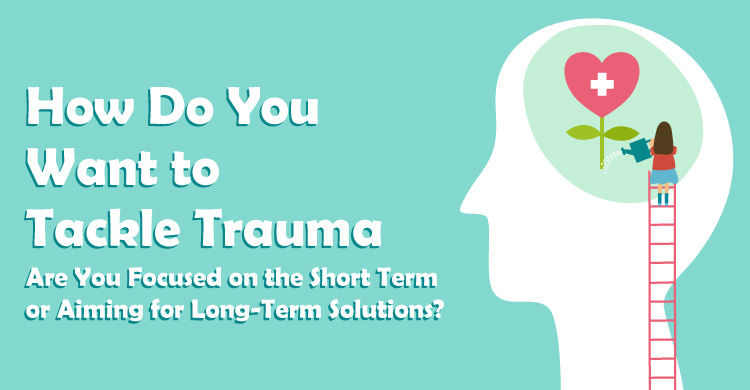
Schools and districts are planning to spend hundreds of thousands of dollars next year so
Read More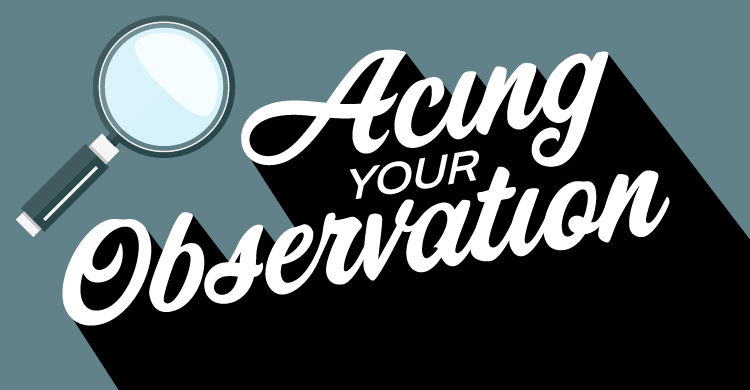
Based on Kindergarten From A to Z Many of my colleagues are eagerly awaiting the
Read More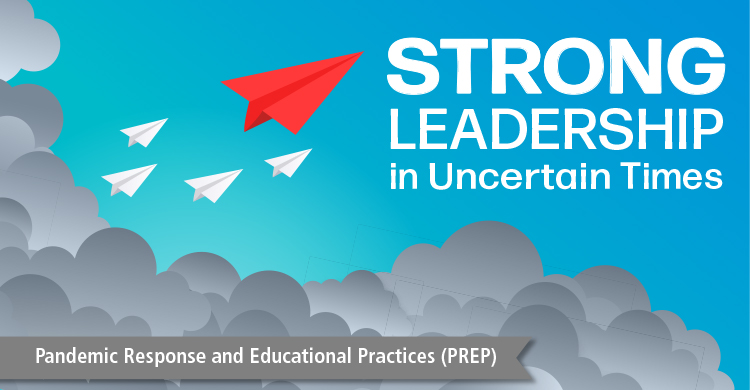
This entry is the sixth in a blog series called Pandemic Response and Educational Practices
Read More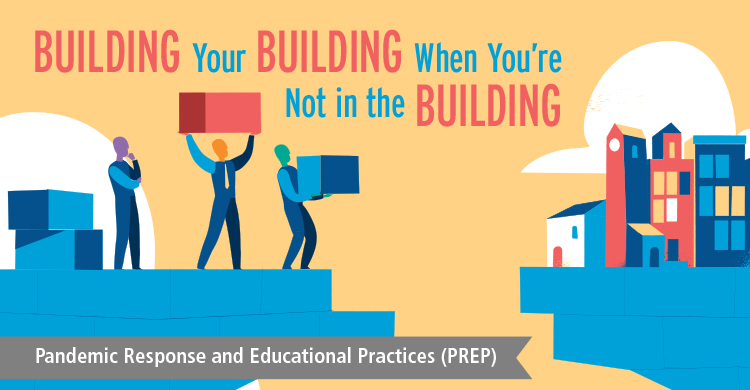
This entry is the fifth in a blog series called Pandemic Response and Educational Practices
Read More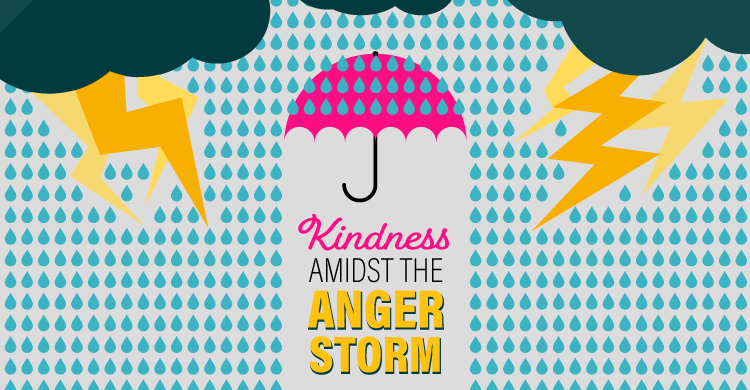
Based on HEART! Fully Forming Your Professional Life as a Teacher and Leader “Anger is not
Read More